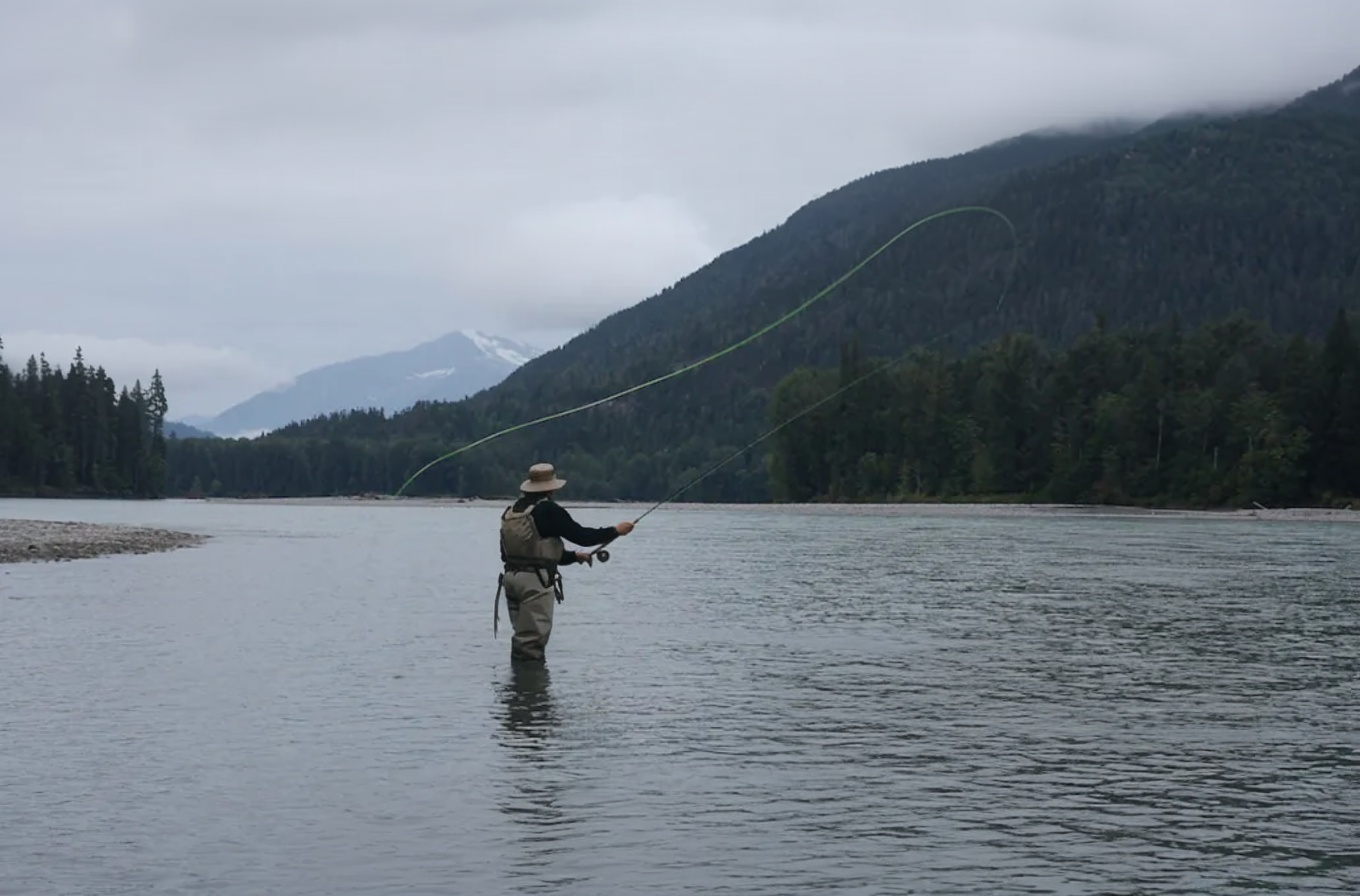B.C.’s NDP government introduced a major new jobs plan on Monday (Nov. 17), which aims to boost private sector investment for major projects in the province over the next 10 years by $200 billion. The Look West jobs plan targets specific industries such as marine, aerospace, life sciences and construction, while providing skilled workers through schemes such as the recently announced plan to provide $241 million in funds over the next three years for trades training. It also relies on the federal government getting on board. Premier David Eby urged the feds to be “relentless and remorseless in pushing for economic growth,” promising B.C. will be a “resolute partner” to deliver for the prime minister. “That means more jobs and more prosperity paying for the public services that British Columbians and Canadians deserve,” he said. Initial actions include spending more than $40 million on companies and research, as well as setting up a kindergarten to Grade 12 advisory committee to explore integrating artificial intelligence platforms and skills into school systems. The plan also relies on the province being able to secure additional federal investments for major projects, including the goal of B.C. being awarded 35 per cent of upcoming federal defence vessel contracts. Eby called it “our plan to be able to ensure that British Columbians get our appropriate share of the federal initiatives.” The federal government’s most recent budget — passed by two votes later the same day Eby introduced the jobs plan — includes $6.6 billion in spending over five years as part of a defence industrial strategy. “I am encouraging my federal colleagues to support the budget,” Eby said. “The budget is one that rewards and recognizes those provinces and territories that are willing to step up and drive for our country.” Some specific companies the government pledged more support for in the jobs plan are Mangrove Lithium, a Delta company using an electrical process to refine lithium for batteries, COTA Aviation, a Parksville defence and commercial aerospace contractor, CCI Circuits, a Surrey company building high-end circuit boards and two precast concrete companies, Duncan’s Gallon Precast and Williams Lake’s Grosso Precast. Funding will also be provided for biotech research, vaccine production and the development of antibody treatments for viruses such as COVID-19 and bird flu. Other parts of the plan have broad objectives, such as tripling the amount of wood used in construction within a decade, but are vague on the steps that will be taken and the benchmarks to be met along the way. B.C. Conservative Leader John Rustad said it seems to be missing some “pretty significant components.” “In particular, when you look at expanding manufacturing, you look at expanding all these things, we don’t have the electricity in British Columbia,” he said. “We do not have the power we need to be able to dramatically expand our economy.” Rustad lamented that B.C. still sells natural gas to the U.S. at discounted prices, as well as the long timelines of some of the projects being pushed by the government, such as the North Coast Transmission Line. “We actually should see a plan to move oil and natural gas over to our coast in British Columbia in very large quantities to stop the subsidies to Americans,” he said. Eby wants government to profit from investments Linked to all this, but still in the theoretical stages, is a proposal for the B.C. government to take public equity stakes in some major projects. This idea was first floated publicly by the premier over the weekend as he spoke in support of a related resolution at the NDP convention in Victoria. Eby said on Monday that with the types of investments announced in this jobs plan, enabling the government to take an equity stake would allow taxpayers to reap the rewards, “just like a private individual investment in these companies.” Jobs Minister Ravi Kahlon, who presented the Look West plan alongside Eby, said decisions on public equity stakes would be made in an open process similar to how companies bid on government contracts. “We want to make sure that anything that happens is done in a transparent way,” he said. Kahlon added that other jurisdictions, such as Quebec and Ontario, are further along in doing this, and B.C. will look to their example when creating its own process.
More
Less
